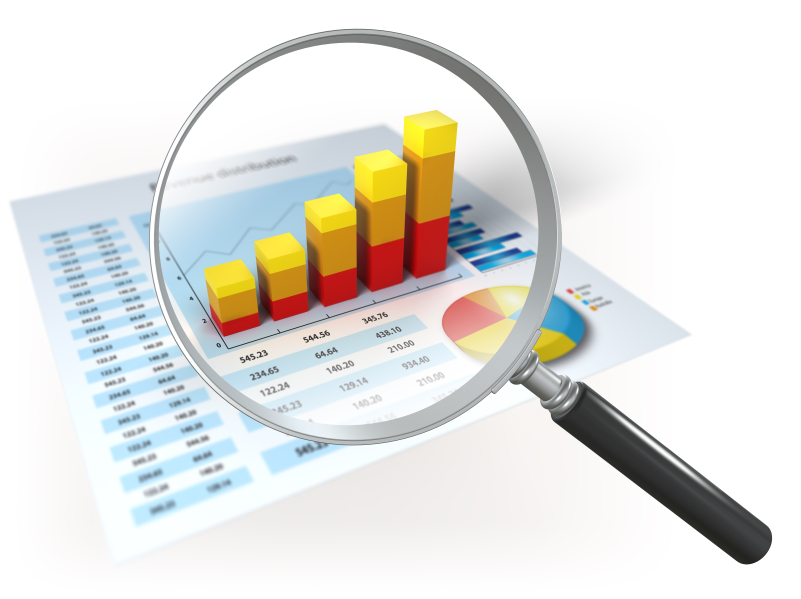 |
Facts
Duration: 1 semester
Period: Fall Semester
Credits: 3 ECTS
Contact Hours: 32
Self-study: 76
Hours: 108
|
Main Objectives
- Prepare master mathematicians to use basic models and methods of time series analysis.
- Give skills of work with time series, constructing on macroeconomic and financial data.
- Review the basic theoretical and practical aspects of modeling univariate and multivariate time series.
Learning Outcomes
In mastering the subject of Time Series Analysis the student will acquire the following knowledge:
- The basic time series models.
- To be able to state a problem which could be solved in the framework of Time Series Analysis, to construct a stochastic model of the time series, to develop an algorithm for identifying unknown parameters of the dynamic system, to compose a program on a computer language of high level, to analyze the data obtained in numerical experiments.
Professor
Evgeny Pchelintsev, PhD, Associate Professor
Course annotation
|
Course unit code |
В.2.2 |
|||||
|
Course unit title |
Options |
|||||
|
Name(s), surname(s) and title of lecturer(s) |
Evgeny Pchelintsev, PhD, Associate Professor |
|||||
|
Level of course |
Master |
|||||
|
Semester |
3 |
|||||
|
ECTS credits |
3 |
|||||
|
Working hours |
Contact hours |
|||||
|
Lectures |
32 |
|||||
| Self-study | 76 | |||||
Total |
108 |
|||||
|
Work placement |
Laboratory works in Computer class |
|||||
|
Prerequisites |
It is assumed that the students have mastered the following disciplines «Mathematical Analysis», «Linear Algebra», «Probability Theory and Mathematical Statistics», «Differential Equations», «Stochastic processes», «Numerical Methods». |
|||||
|
Language of instruction |
English (Russian) |
|||||
|
Objectives of the course |
Learning outcomes |
A student’s assessments methods |
||||
|
- Prepare master mathematicians to use basic models and methods of time series analysis, - Give skills of work with time series, constructing on macroeconomic and financial data. - Review the basic theoretical and practical aspects of modeling univariate and multivariate time series. |
In mastering the subject of Time Series Analysis the student will acquire the following knowledge: - The basic time series models. - To be able to state a problem which could be solved in the framework of Time Series Analysis, to construct a stochastic model of the time series, to develop an algorithm for identifying unknown parameters of the dynamic system, to compose a program on a computer language of high level, to analyze the data obtained in numerical experiments. |
The current control of mastering the discipline includes one written test and three reports on the labs. The final control – exam. |
||||
|
Teaching methods |
Lectures, Labs |
|||||
|
List of Topics |
Topic title |
Contact hours |
Assignments and independent study hours |
|||
|
Time Series and Stochastic Processes |
4 |
|||||
|
Modeling of stationary time series |
8 |
Lab 1 |
||||
|
Time series models, including heteroscedasticity |
6 |
Lab 2 |
||||
|
Modeling of non-stationary time series |
8 |
Lab 3 |
||||
|
Time series with continuous time |
6 |
Written test |
||||
|
Assessment requirements |
In during the semester 40 points |
|||||
|
Assessment criteria |
Each lab 10 points and test 10 points |
|||||
|
The composition of final accumulative mark |
Exam 60 points. Examination ticket consists of two theoretical questions (10x2=20) and two exercises (20x2=40). |
|||||
|
Author of the course |
Evgeny Pchelintsev |
|||||
.png)